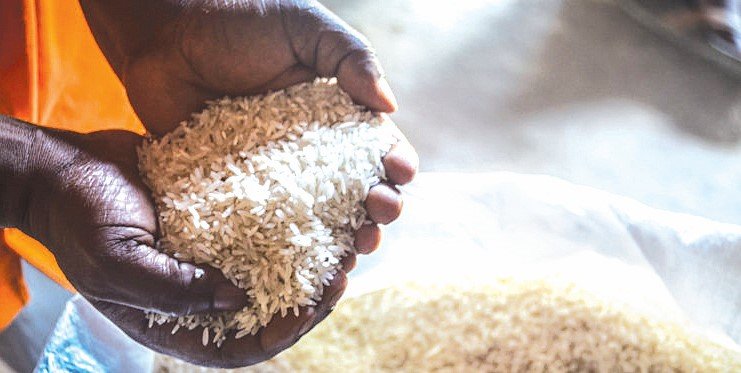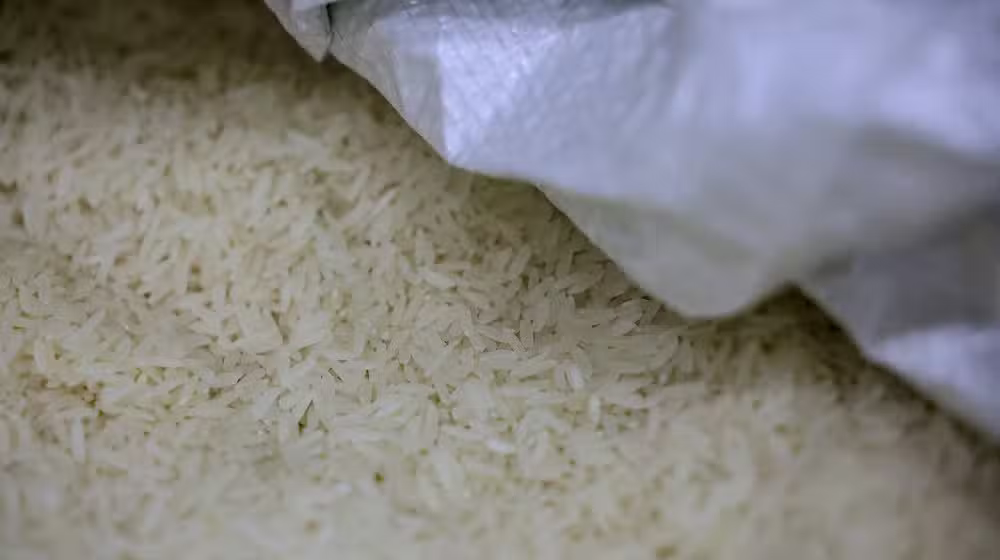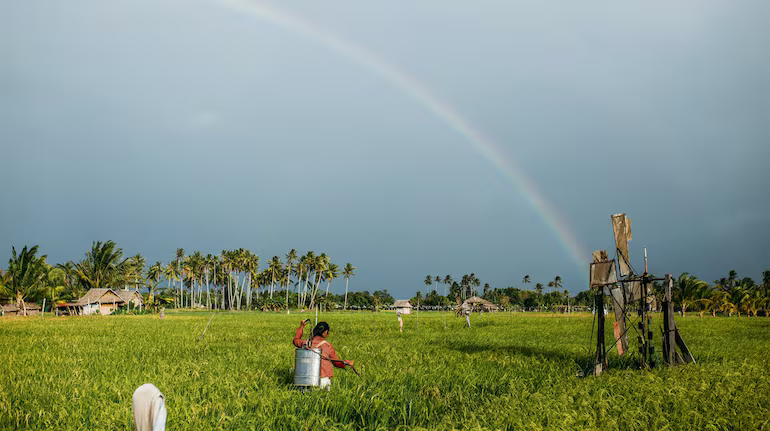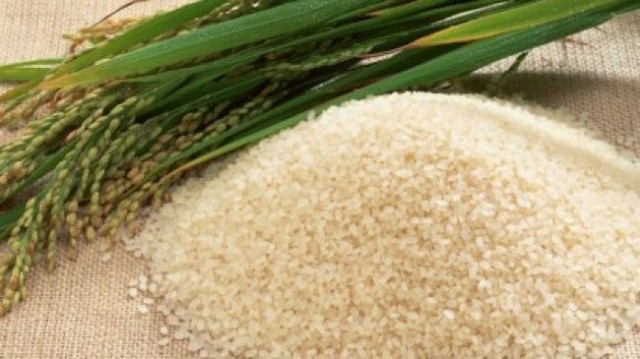Tags
Kenya to cut imports of rice by 50pc in five years
Nicholas Waitathu

Kenya is expected to reduce rice import bill by more than Sh27 billion in the next five years, thanks to an initiative to reduce imports by 50 per cent.
The government stresses that the increasing food import bill can be reduced through adoption of high yielding varieties, embracing modern farming technology seeking partnership with development partners. Agriculture ministry and institutions charged with food production argue that consistent adoption of high yielding crop varieties and embracing modern farming technologies is expected to reduce food import bill significantly.
Agriculture Cabinet Secretary Andrew Karanja confirmed that the government is focused on reducing rice imports into the country by more than half in the next five years.
“Governments of Kenya and Korea have been working together to develop high yielding rice varieties and strengthen the capacity of research institutions. Out of the collaboration, new rice vibrant varieties have been developed and currently are under evaluation before they are released to the farmers,” he said when he opened the 6th Assembly Korea-Africa Food and Agriculture Cooperation Initiative (KAFACI) at a Nairobi hotel.
Research programmes
KAFACI is a programme by the Rural Development Administration (RDA) an agricultural organisation in Korea, focusing on joint research programmes and technology transfer in 37 African countries.
The programme further aims to facilitate the transfer of agricultural technologies and foster strategic partnerships for development.
He noted that every year the government is spending substantial budgetary allocation resources to import food into the country to feed the population as production remains low.
“For instance, every year between 800,000 and one million tonnes are imported compared to local production of between 150,000 and 200,000 tonnes,” Karanja said, adding that the increasing import bill has continued to increase pressure on government budgetary resources.
According to Economic Survey 2024, government food import bill on food and beverages reached Sh345.7 billion, accounting for 13.2 per cent of the total imports. The government spent Sh54.7 billion to import 937,098 tonnes of rice, Sh93.7billion and Sh45 billion to import over two million tonnes of unmilled wheat and 507,932.5 tonnes of unmilled maize respectively.
Rice production realised from various irrigation schemes across the country reached 229,064 tonnes in 2023 against a demand of close to 1.2 million tonnes. Paddy rice during the review period saw a growth of 19.1 per cent, primarily due to expanded areas under irrigation.
If the government manages to achieve its aspirations in terms of increasing production and reducing imports, more than Sh27 billion will be saved in the next five years.
Karanja explained that the renewed attention to promote rice is part of a wider Government food diversity approach to assist Kenyans embrace more varieties instead of relying on one crop.
Demand for rice, the CS noted is increasing following population surge and the rapid urbanisation the country is experiencing. Kenya Agricultural and Livestock Research Organisation (Kalro) Director General Eliud Kireger confirmed that under the KAFACI programme Kenya has benefited with three rice varieties.
“Our government will benefit from a $50million (Sh6.45 billion) programme which is being rolled out in the 37 countries in Africa for the next five years. Out of the total extended resources Kenya will benefit with Sh30 million for distribution of the new rice varieties,” said Kireger.
He added: “Under the KAFACI programme, our focus is to reduce rice imports by 50 per cent through embracing vibrant modern rice varieties and new farming technologies.”
Varietal registration
Director General of the RDA, Technology Co-operation Bureau, Hwang-Yong Kim who represented administrator, RDA Korea KWON Jaehan said over the years, KAFACI has developed 26 high-yield and high-quality rice varieties adaptable to various African environments, achieving varietal registration in eight countries.
“Furthermore, KAFACI has pursued a diverse approach to boost agricultural productivity in Africa, including developing a comprehensive data cataloguing of the characteristics of various indigenous cattle breeds and publishing an extensive research and analysis report on the status of agricultural mechanization across the continent,” said Kim.
https://peopledaily.digital/kenya-to-cut-importsof-rice-by-50-in-five-yrs/Published Date: August 29, 2024






